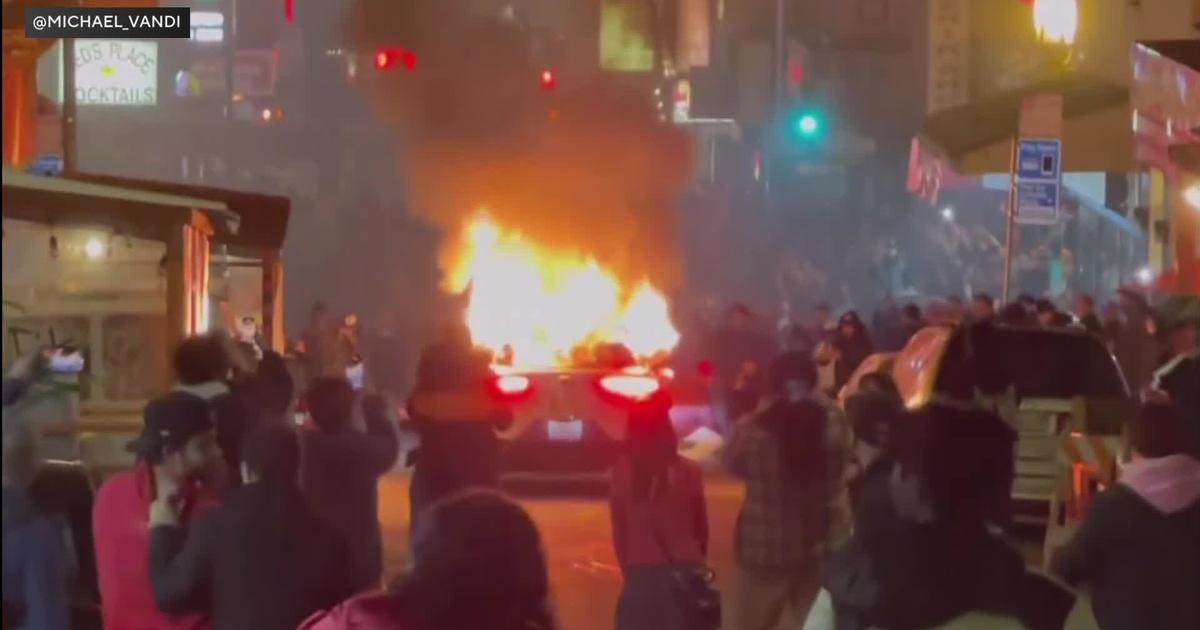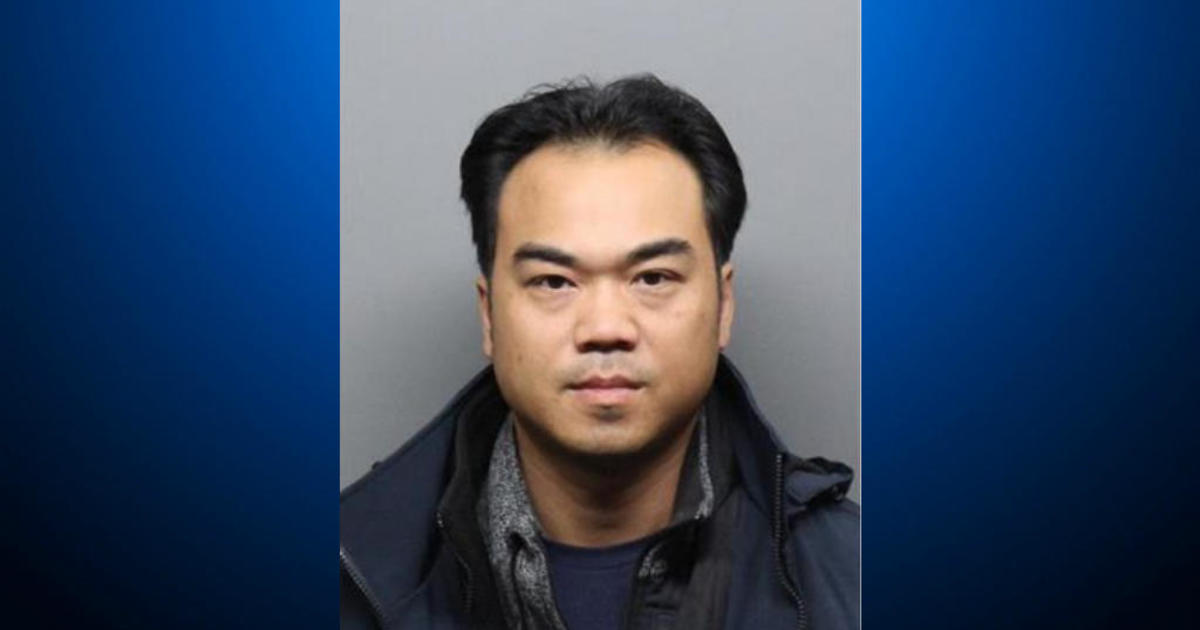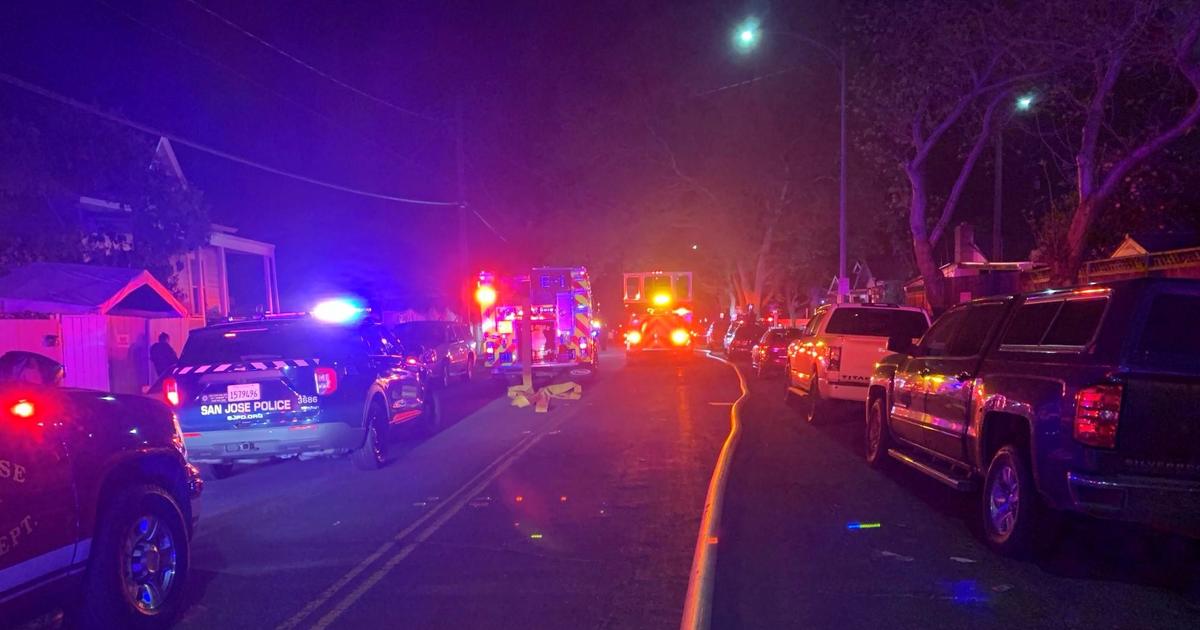Closing Arguments In Palo Alto Murder-Arson Trial
SAN JOSE (BCN) -- The trial of Bulos "Paul" Zumot, a Palo Alto hookah lounge owner accused of strangling his girlfriend and setting her body ablaze in 2009, wrapped up Tuesday after four weeks of testimony.
During his closing statements, prosecutor Charles Gillingham told jurors that only one person is responsible for the murder of 29-year-old real estate agent Jennifer Schipsi: Zumot, the owner of Da Hookah Spot, whom she had been dating since October 2007.
He claimed that Zumot, 37, had the motive to kill Schipsi at their Addison Avenue home on Oct. 15, 2009. He said witness testimonies and evidence presented throughout the trial, such as text message exchanges between Zumot and Schipsi, indicated that he was emotionally and physically abusive toward her.
"The care he had for her went away when he poured gasoline on her and set her on fire," Gillingham said.
Mark Geragos, Zumot's defense lawyer, followed up by attacking many aspects of the prosecution's case and claiming it was not supported by the evidence.
Geragos alleged that prosecutors held back certain evidence, such as a video of Zumot's interview with detectives on the night of the death. He said the testimony of Jim Cook, a wireless expert who suggested Zumot had Schipsi's phone in his possession on Oct. 15, was "nonsense."
"You watched this case disintegrate before your very eyes," Geragos said. "They've gone to the ends of the earth to try to convict Mr. Zumot."
He reminded jurors that lab reports from the Bureau of Alcohol, Tobacco, Firearms and Explosives did not detect accelerant. He also tried to discredit Rosie, an accelerant-sniffing dog that detected gasoline in the house and on Zumot's clothes, saying ATF guidelines stipulate that an arson dog's alerts alone should not be used as evidence.
Geragos pointed out that if Zumot had strangled Schipsi, there would have been a struggle between them and he would have had marks on his hands and arms.
As for an argument the pair had on the night of Oct. 14, following Zumot's 36th birthday celebration with about a dozen friends at DishDash restaurant in Sunnyvale, Geragos said the fight was not as significant as prosecutors had made it seem.
If Schipsi was still upset, she would not have recorded a sex tape with Zumot after their fight or done his laundry the following morning, Geragos said.
He accused the prosecution of not thoroughly investigating a gas can found in the shed of Zumot's landlord, John Eckland, or a white car on the block with a suspicious-looking person inside on the day of Schipsi's death.
"They came into this case with a formulaic, kind of, 'We've been here, done that,' theory," Geragos said. "They had a theory and they weren't going to bother with the evidence."
He questioned the credibility of the police reports in the case and accused Gillingham of focusing on "character assassination" rather than on the evidence.
In his rebuttal, Gillingham said the tears Zumot shed during his testimony on the stand were for himself and not for Schipsi.
He said every piece of evidence in the case pointed to Zumot as the person responsible for Schipsi's death.
"I'd ask that you find him guilty of first-degree murder. I'd ask that you find him guilty of arson," he said.
Prior to closing arguments, the court heard testimony from Dr. Carole Lieberman, a psychiatrist based in Beverly Hills and an expert in domestic violence cases. She said she interviewed Zumot for more than seven hours.
If convicted, Zumot faces a maximum of 33 years to life in prison.
The jury will begin deliberating after they receive instructions from the judge Wednesday morning.
(© 2011 CBS Broadcasting Inc. All Rights Reserved. This material may not be published, broadcast, rewritten, or redistributed. Bay City News contributed to this report.)



